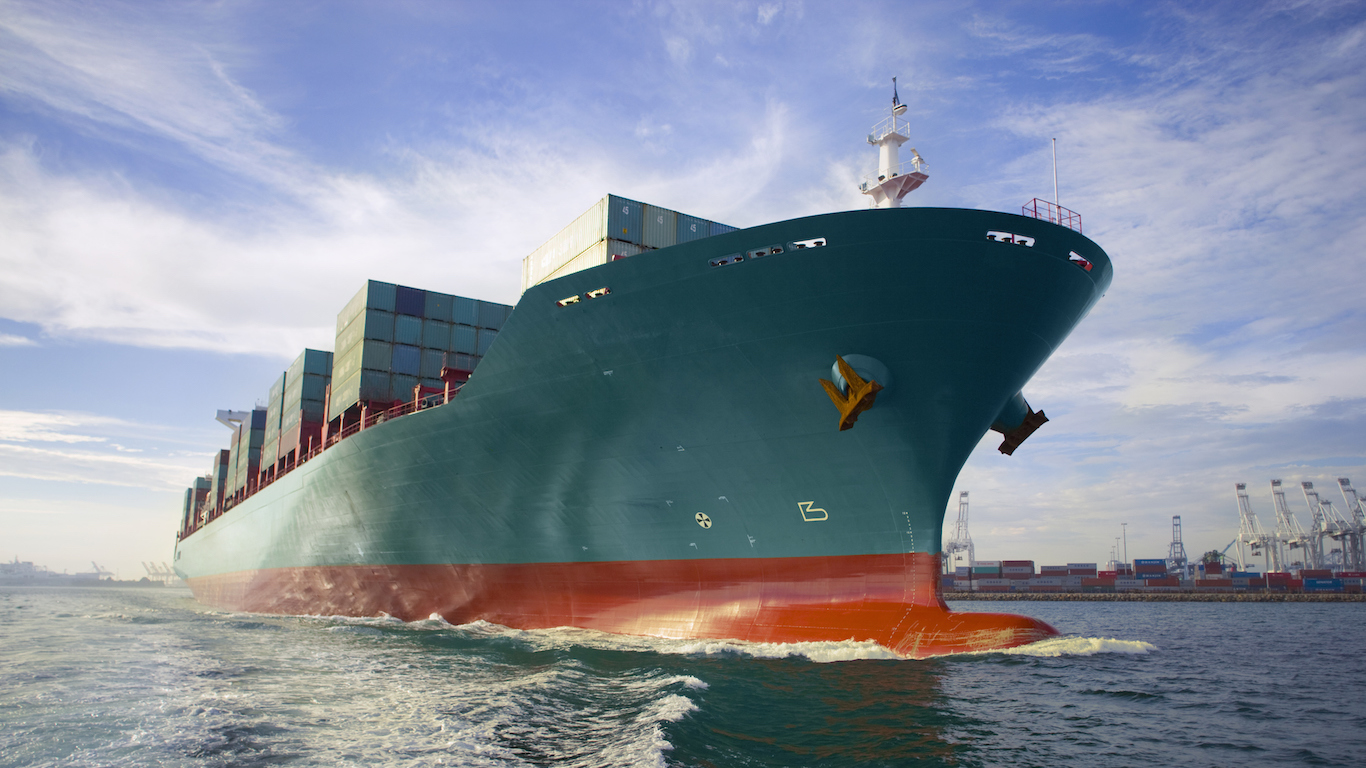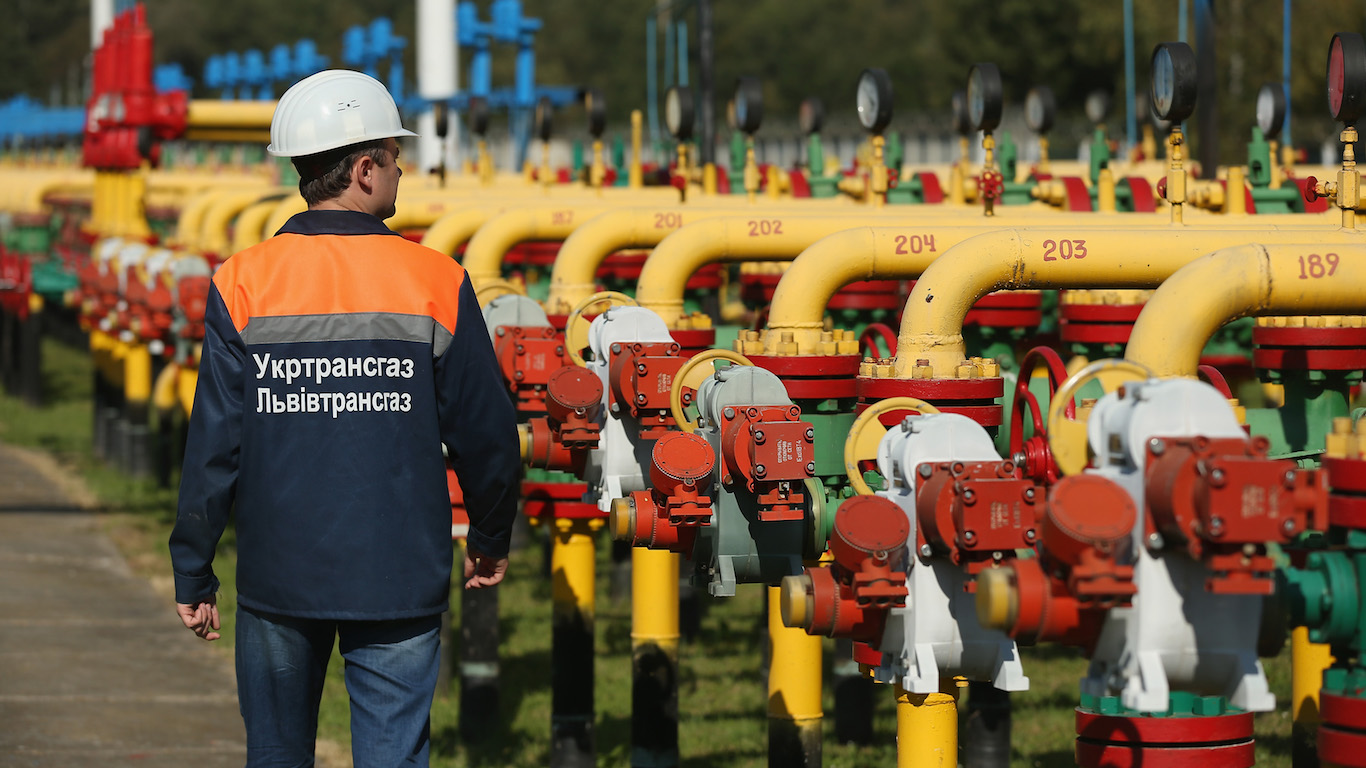
Just seven of 44 countries included in a recent study take active enforcement measures against bribing foreign officials. These 44 countries account for approximately 65% of the world’s exports and 75% of total foreign direct investment flows. The good news is that the total has nearly doubled from four in 2015.
The not-so-good news is that the number of countries that either actively or moderately enforce anti-bribery laws has improved by just one since 2015. Countries were classified based on the Organization for Economic Cooperation and Development’s (OECD) anti-bribery convention requiring parties to criminalize bribery of foreign public officials and introduce related measures, such as investigating suspicious cases in order to create a corruption-free, level playing field for global trade.
The data were reported Wednesday in Transparency International’s 2018 report on enforcement of the OECD’s convention. The report covers the 36 OECD members plus eight other top exporting countries: Brazil, Bulgaria, China, Columbia, Hong Kong, India, Russia and Singapore. These eight countries account for 18% of global exports, and none is a party to the OECD’s anti-bribery convention.
Of the 44 countries, exactly half offer little or no enforcement of anti-bribery laws, including all eight of the non-OECD members. These 22 countries account for about 40% of global exports. Another 11 countries, accounting for over an additional 12% of global exports, provide only limited enforcement of anti-bribery laws.
Why is this important? According to Transparency International’s report:
Foreign bribery has huge negative consequences for the economies of the nations targeted. Money gets wasted on deals that are overpriced or do not yield real benefits. Limited resources are diverted to benefit a few individuals while citizens are denied vital public services, such as access to clean water, safe roads or basic health services.
Around the world, competitors that offer better products lose out in an unfair marketplace and this triggers a race to the bottom, with some companies choosing to engage in bribery because others are doing it.
The report includes five case studies including a 2018 case against aircraft manufacturer Airbus that resulted in disgorgement of €81 million and €250,000 in fines for bribing foreign officials in the sale of 18 Typhoon fighter jets to Austria. While prosecutors found no evidence of bribery, Airbus could not account for €100 million in payments called “compensation transactions” made to two U.K. shell companies. Airbus was charged with negligent breach of duty, and the company accepted the charge to settle the case.
In another case, Brazilian construction firm Odebrecht paid $788 million in bribes to government officials in a dozen countries in order to win business in those countries. Payments to officials in four other countries are either alleged or under investigation.
The seven countries accounting for 27% of global exports that actively enforce anti-bribery rules are Germany, Israel, Italy, Norway, Switzerland, the United Kingdom and the United States. Four countries that account for 3.8% of global trade and provide a moderate level of enforcement are Australia, Brazil, Portugal and Sweden.
Limited enforcement is provided in 11 countries: Argentina, Austria, Canada, Chile, France, Greece, Hungary, Lithuania, Netherlands, New Zealand and South Africa. Little or no enforcement of anti-bribery rules prevails in Belgium, Bulgaria, China, Colombia, Czech Republic, Denmark, Estonia, Finland, Hong Kong, India, Ireland, Japan, Luxembourg, Mexico, Poland, Russia, Singapore, Slovakia, Slovenia, South Korea, Spain and Turkey.
Transparency International’s full report is available at the organization’s website.
In 20 Years, I Haven’t Seen A Cash Back Card This Good
After two decades of reviewing financial products I haven’t seen anything like this. Credit card companies are at war, handing out free rewards and benefits to win the best customers.
A good cash back card can be worth thousands of dollars a year in free money, not to mention other perks like travel, insurance, and access to fancy lounges.
Our top pick today pays up to 5% cash back, a $200 bonus on top, and $0 annual fee. Click here to apply before they stop offering rewards this generous.
Flywheel Publishing has partnered with CardRatings for our coverage of credit card products. Flywheel Publishing and CardRatings may receive a commission from card issuers.
Thank you for reading! Have some feedback for us?
Contact the 24/7 Wall St. editorial team.
 24/7 Wall St.
24/7 Wall St.

